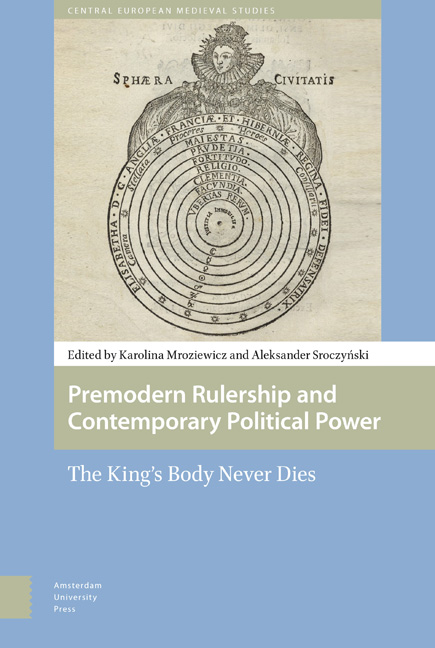Blood, Honour and the Norm: Race Defilement and the Boundaries of Community in Hungary, 1941
Published online by Cambridge University Press: 24 December 2020
Summary
Someone, at Some Point in Time
Likewise, it is a historical feature of Hungary and a given – regardless of what anyone may think about it, whether one likes it or not – that it is home to hundreds of thousands of Roma. Someone, at some point in time, decided on this, and this is a situation which we have inherited. This is our situation, this is a given which no one can object to or call into question in any way and which we accept in our life. At the same time, however, we cannot require others – in particular, others to the west of us – to follow suit, and demand that they should also live with a substantial Roma minority. What is more, when members of our Roma minority decide to leave for Canada, we want to make it very clear that we would like them to stay, and that we want to solve the formidable problems involved in our co-existence so that they can stay. We expect the same of others as that which we expect of ourselves. Others, too, must treat us in the same way. On this we must not interfere in their affairs, but likewise they must not interfere in Hungary's desire or refusal to change its current state, its current cultural-ethnic composition, through any refugee or immigration policy, or any other method.
The above words, spoken by Hungarian Prime Minister Viktor Orbán in September of 2015, did not set in motion a wave of protests and went relatively unnoticed in the local media. It is worth noting the two key sentences where the official English translation differs from the original Hungarian version: instead of ‘otthon,’ which is ‘home to,’ Orbán used ‘együtt él,’ which translates as ‘lives together.’ In the second example Orbán used ‘rendeznénk a velük való együttélés nagy kérdését,’ which is more accurately rendered as ‘if we solved the formidable problem of living together with them’ and not ‘solve the formidable problems involved in our co-existence.’
This sort of creativity in translations is not atypical of the current Hungarian government. When the highly disputed Media Law was passed in 2010, a number of EU Member States raised serious concerns; but in the English version sent to the European Commission and to foreign representatives in Budapest, the most controversial paragraphs were omitted.
- Type
- Chapter
- Information
- Premodern Rulership and Contemporary Political PowerThe King's Body Never Dies, pp. 249 - 278Publisher: Amsterdam University PressPrint publication year: 2017



